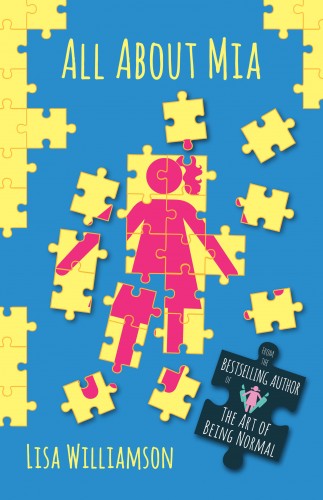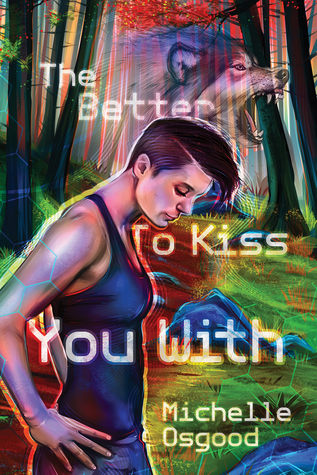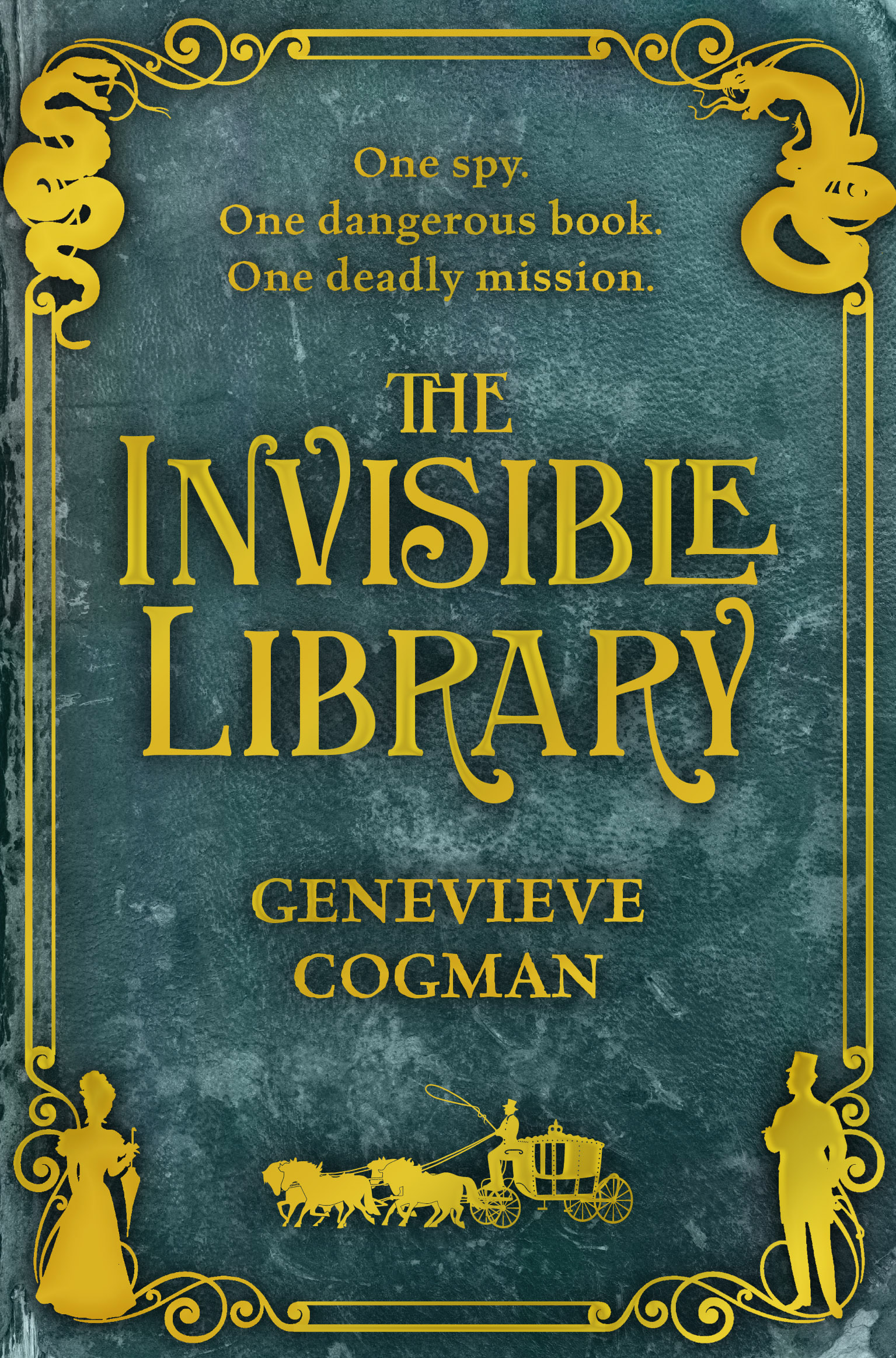This month we’ve got a double Takeover with two fantastic authors writing for us about their experiences crafting novels in a post-Potter world. Both were fans of Potter who have turned to writing and used their love of the series within their writing, consciously or subconsciously. First we welcome Lucy Hounsom at the end of her blog tour for her fantasy novel, Starborn.
Lucy has a BA in English & Creative Writing from Royal Holloway and went on to complete an MA in Creative Writing under Andrew Motion in 2010. She lives in Devon, England. You can find Lucy on Twitter at @silvanhistorian or at her website lucyhounsom.com
Subconscious Sorting
‘Everyone loves a good Sorting’ a friend tweeted me after reading the first chapter of Starborn. I blinked at the word for a few moments until illumination came, and then I started grinning wildly. Because yes, everyone does love a good Sorting, and I’d inserted a kind of Sorting Ceremony into my own novel without consciously meaning to. You see, the first chapter of Starborn has been around for a long time and hasn’t changed in essentials. I wrote it age 17, the year that […] Order of the Phoenix was finally released (I’d read Goblet of Fire four times cover to cover desperately trying to lessen the pain of the wait). If I called my central teenage years ‘the Harry Potter years’, it wouldn’t be an understatement – HP coloured my thinking [and] my love of reading and played a huge part in my wanting to become a writer. I even found one of my old notebooks the other day full of Dumbledore quotes.
I am a true child of the Harry Potter generation and grew up on a diet of Hogwarts feasts, [B]utterbeer and Quidditch. I spent two summers waiting for an invitation to study magic that never came before I decided that the next best thing would be to write about it. I got up at obscene hours to buy each book as soon as it was released and then locked myself in my room to read the day away. What was it that so captivated me? Perhaps the realness of the Harry Potter universe; it’s set in our world, in recognisable locations, which makes it easier to imagine a society that functions independently of our own. A society hidden just beneath the surface, visible to anyone who’s willing to exchange what they expect to see for what’s really there. That idea exerts a powerful pull, especially on a young mind. Combined with characters my own age, the familiar structure of school, the rule-breaking associated with adventure and the fight against evil – well, it’s no surprise that Harry Potter got under my skin.
That influence manifested in the first novel I ever wrote, a 126,000[-]word fantasy about a magical phial, a wizard, a dark lord and three teenagers – two boys and a girl. I was 15, and it wasn’t very good, but when I look at it now, it’s clear how much Harry Potter affected my thinking. So when I started on a new novel, it’s not surprising that a Sorting Ceremony found its way into chapter one.
Why does everyone like a good Sorting? Well, we do seem to enjoy putting ourselves into categories – own up, how many times have you done one of those Buzzfeed quizzes? Still, it goes deeper than that into a search for guidance, for belonging, for compatriots – to find others who share our individual way of thinking. As you know, the Hogwarts Houses bear their own characteristics, and the Sorting Hat’s job is to match a child with the House that best fits his or her personality. What I find so fascinating is the way Rowling brings choice into the process. Harry lands himself in Gryffindor instead of Slytherin because he chooses to, emphasising the power of the individual and the importance of choice.
This is where my own Sorting, the Inheritance Ceremony, differs from the one Harry faces. In my protagonist, Kyndra’s, society, the element of choice is removed so that the young people of her region are forced to accept the true names and callings they are given by the magical Relic. Whether the Relic was intended to be used in such a way has become irrelevant – its part in the Inheritance Ceremony forms an unshakable tradition that dates back five hundred years. Although Kyndra has looked forward to the ceremony all her life, on the day it arrives, she’s terrified. That terror, she realises, stems from her inherent lack of choice when deciding her future.
Obviously, I can’t tell you what happens when it comes to Kyndra’s turn – that would spoil the surprise. But if you read the first chapter of Starborn, you’ll have no trouble recognising some similarities. The way the young people must form a line and wait to be called alphabetically before a crowd of watching eyes is really straight out of […] Philosopher’s Stone. I’m not sure you’ll believe me when I say it just happened that way, but it goes to show how deeply Harry Potter is engrained in my psyche, how all the tears and laughter J K Rowling squeezed from me made me want to be a storyteller too. These books have the power of universality; their appeal bypasses age and nationality to reach into the heart of what it is to be human.
You can read the first chapter of Starborn for free right here!
Lucy Hounsom
@silvanhistorian




